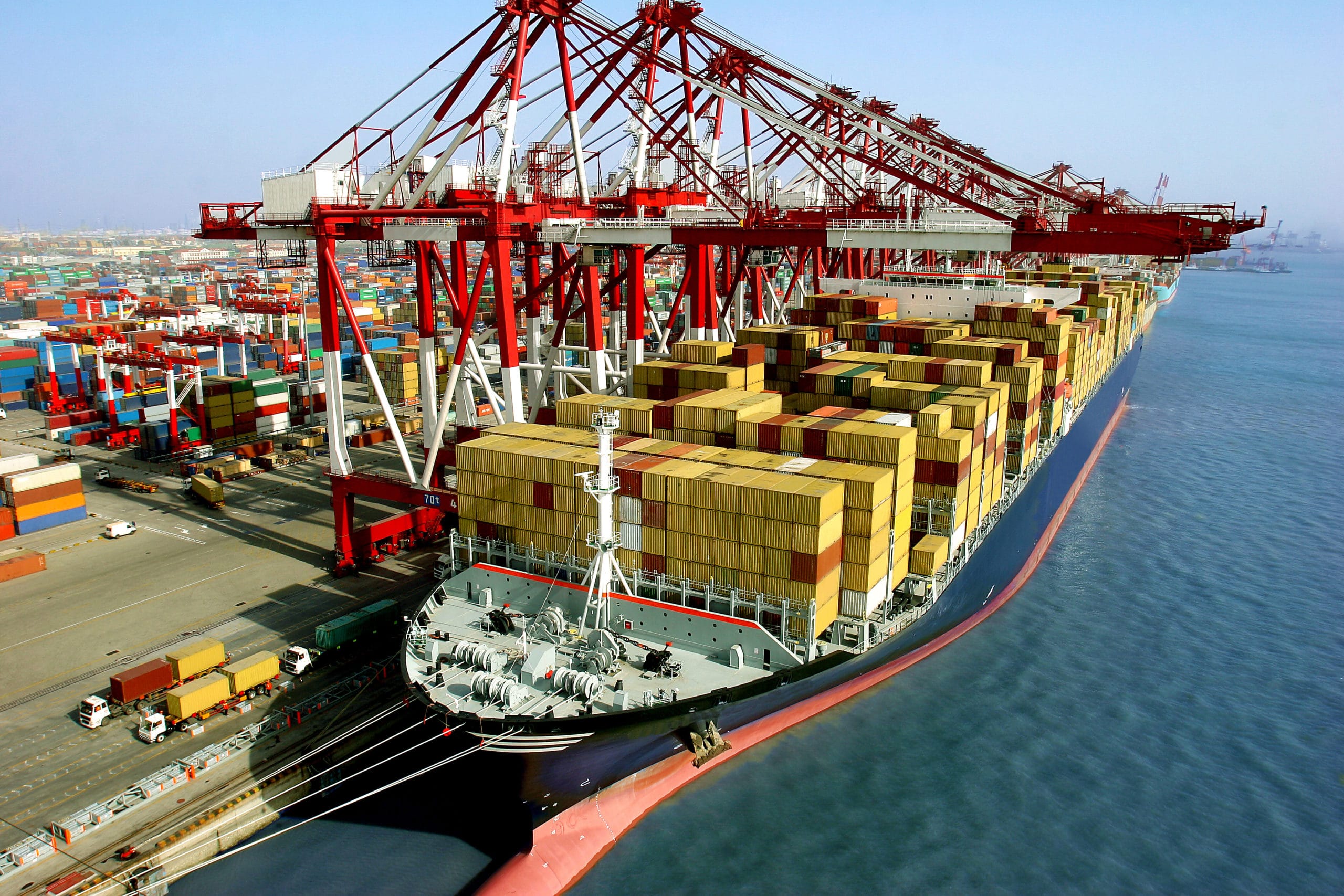Our Work with the International Maritime Organization

Friends of the Earth through our federation, Friends of the Earth International, has been working tirelessly to pressure the International Maritime Organization to strengthen international ship emissions standards.
The IMO is the U.N. specialized agency that regulates international shipping, and it is the central forum for addressing the environmental problems associated with ocean-going vessels. The IMO seeks to harmonize the regulatory landscape that governs shipping, and with much of the world’s oceans extending beyond the territorial waters and even exclusive economic zones of States, the regulation of shipping on the high seas falls squarely within the jurisdiction of the IMO.
Friends of the Earth has a multi-faceted campaign to achieve key protections from shipping pollution at the IMO, where we seek robust, mandatory measures to prevent accidental spills; stringent requirements to minimize pollution from routine discharges of oil, chemicals, wastewater and garbage; and air quality controls to reduce air pollution, including the discharge of black carbon, from vessels.
Documents submitted to the International Maritime Organization
Since 2009, Friends of the Earth has been engaged in deliberations surrounding the development of mandatory rules for Arctic and Antarctic shipping known as the Polar Code. We participate in the proceedings at the International Maritime Organization in London, UK, through an observer seat held by Friends of the Earth International.
At the IMO, we are an outspoken advocate for strong polar shipping regulations, focusing primarily on the Arctic region. (Our partner, the Antarctic and Southern Ocean Coalition, provides expertise on issues concerning the Antarctic.) During IMO meetings, Friends of the Earth makes oral statements, gives sidebar presentations and, generally, works to build support for our environmental positions among IMO member nations, intergovernmental organizations (e.g. European Commission) and industry NGOs.
An important part of these efforts includes submitting documents to the IMO that make the case for why we need particular environmental and safety provisions in the Polar Code. Friends of the Earth, in collaboration with other environmental NGO partners, has produced and submitted over 30 documents, found below, to the IMO on topics relevant to the Code.
- Maritime Safety Committee 95 (June 3-12, 2015): Incidents
- Maritime Safety Committee 94 (November 17-21, 2014): Seabirds and Category C Ships
- Maritime Safety Committee 86 (May 27-June 5, 2009): Mandatory Polar Code
- Marine Environment Protection Committee 69 (April 18-22, 2016): Heavy Fuel Oil and Invasive species
- Marine Environment Protection Committee 68 (May 11-15, 2015): Environmental protection
- Marine Environment Protection Committee 67 (October 13-17, 2014): Environmental protection
- Marine Environment Protection Committee 65 (May 13-17, 2013): Incineration
- Marine Environment Protection Committee 62 (July 11-15, 2011): Black carbon and Whales
- Marine Environment Protection Committee 59 (July 13-17, 2009): Mandatory Polar Code
- Safety of Navigation Sub-Committee 57 (June 6-10, 2011): Whales 1 and Whales 2
- Ship Design and Construction Sub-Committee 1 (Jan. 20-24, 2014): Application, Reception facilities
- Design and Equipment Sub-Committee 57 (March 18-22, 2013): Heavy Fuel Oil, Garbage & Invasive species, Wastewater, Black Carbon and Oil Pollution
- Design and Equipment Sub-Committee 56 (February 13-17, 2012): Various Provisions, Heavy Fuel Oil 1, Heavy Fuel Oil 2, and Incineration
- Design and Equipment Sub-Committee 55 (March 21-25, 2011): Boundaries 1, Boundaries 2, Black Carbon, Monitoring, Whales, Packages & Containers, Wastewater, and Definition of Pollutant
- Design and Equipment Sub-Committee 54 (October 25-29, 2010): MARPOL and Non-MARPOL
- Design and Equipment Sub-Committee 53 (February 22-26, 2010): Overview
Learn more about our efforts to protect our earth from the harmful effects of ocean-going vessels.
